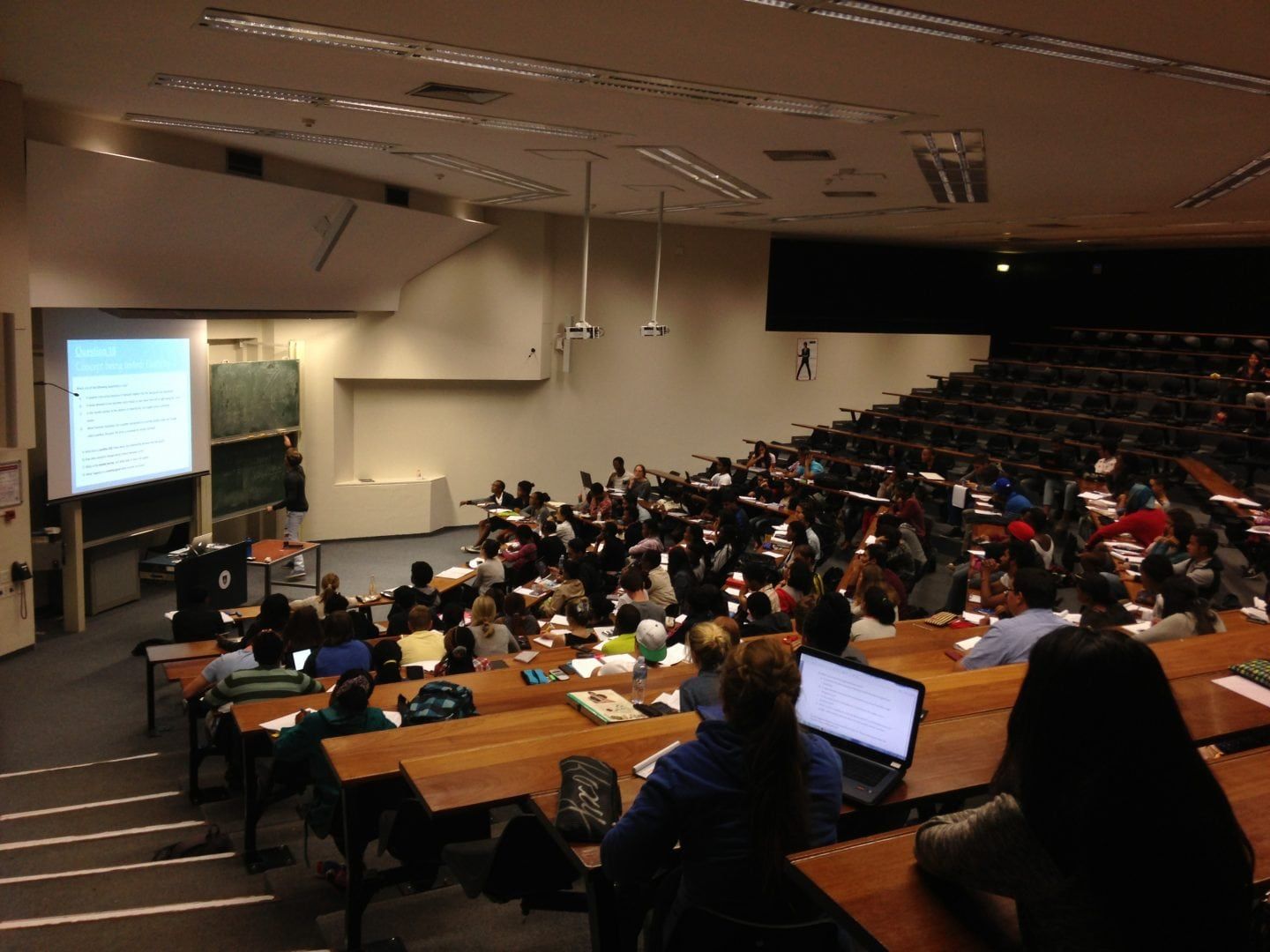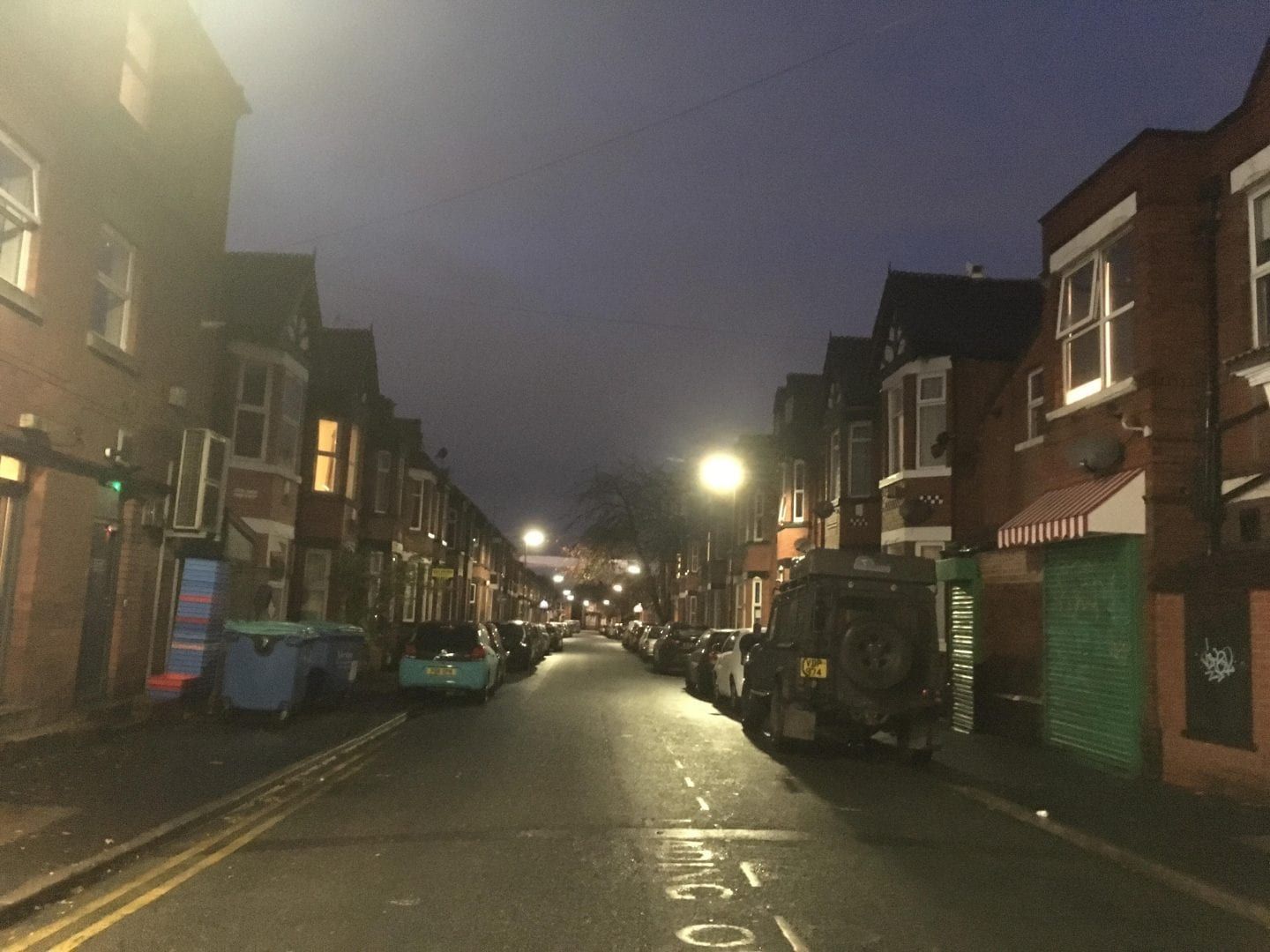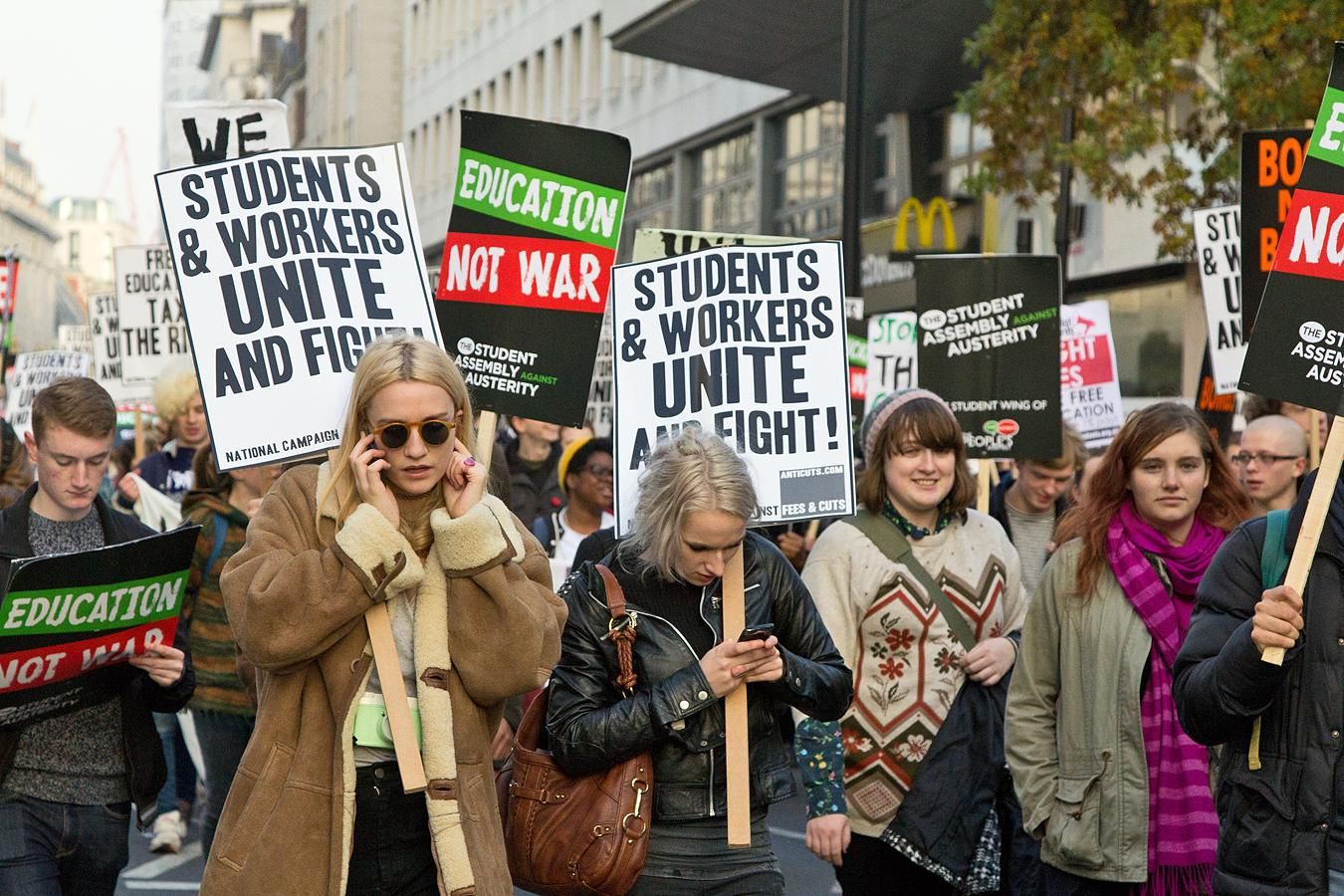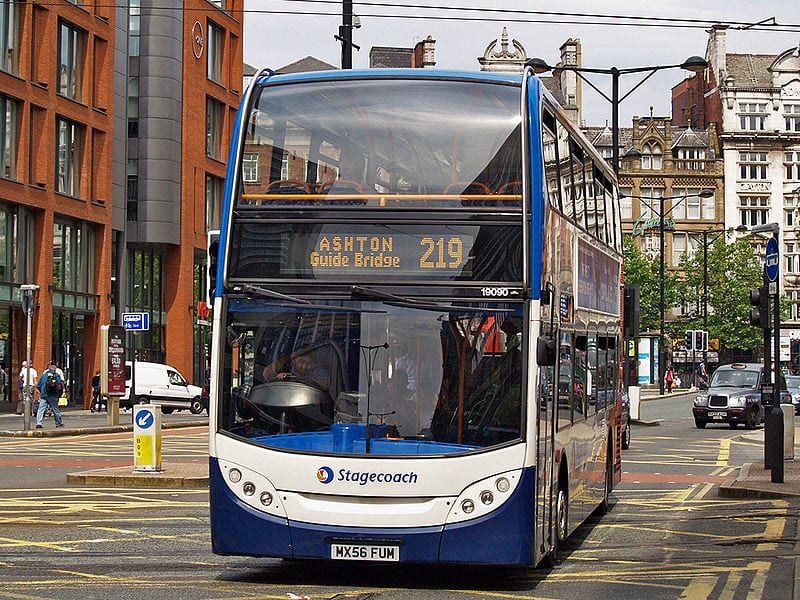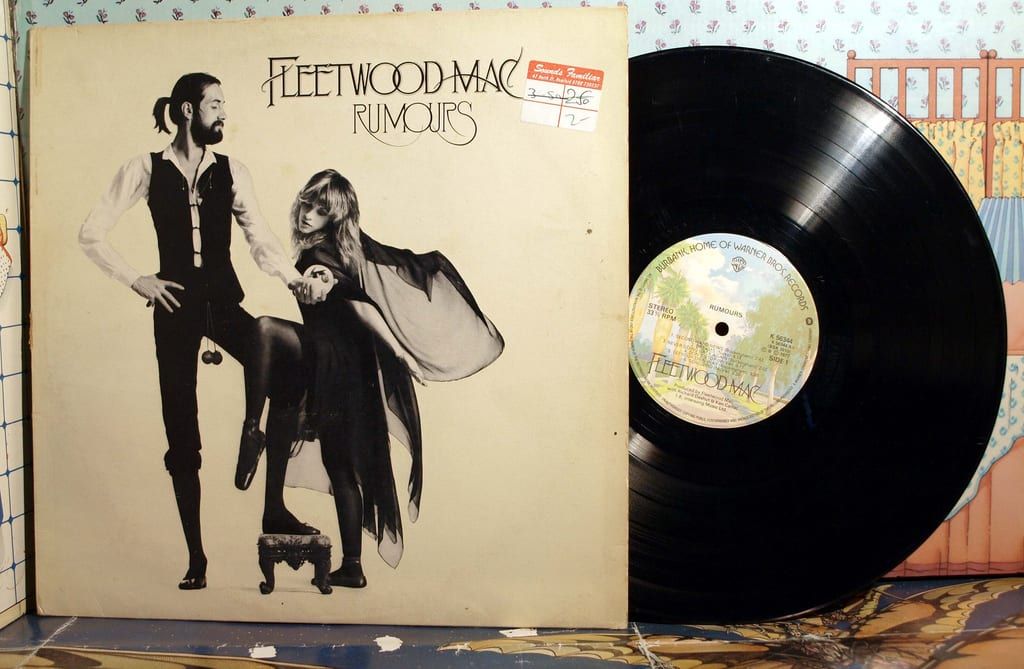If the work at University isn’t demanding enough, student distress is further catalysed by finance troubles, the pressure of settling into a new city, and the ever-crowded graduate market. Furthermore, many continue to feel anxious well beyond their first term of study, with it being commonplace to doubt yourself, your university course and your plans post-graduation. Yet, when the majority of students have only lived for two decades, believing you must have a concrete plan for the rest of your life is slightly unrealistic.
We recently sat down with Sophie Thompson, Junior Social Editor at Glamour UK, who appears to have it all figured out. Yet, although having a dream job for many, Sophie touched on her own experience at University and how it can be a difficult time for most people, especially when so many people around you appear (on the surface) to have their life together.
University is a time to explore, both your personality and your new city in order to begin to discover what you’re good at and what career you may want to enter. This certainly isn’t the time to have it all planned out. Sophie equally reflected on the gradual careers process and said: “You’re still at an age where you have no idea what you want to do with your life so a lot of it is just piecing things together that you like doing.” There’s no rush to get to the finish line, we’re all going to graduate at the same time!
Journalism is all about curiosity and a hunger for the unknown. A fast-paced career like this involves something new and exciting each and every day. Yet most significantly, like many other creative fields, journalism is a career which involves passion; without a spark of enthusiasm within your writing, your reader will be left unconvinced and shall move their loyalty to a new source or channel.
We asked Sophie what it was that first inspired her to seek a career in journalism, to which she replied: “I’ve always been a good writer and outside of education, fashion and beauty are two major passions of mine, so being able to combine them and end up in a position where I can do it as a career – I feel lucky more than anything to work at Glamour UK!”
Fashion is one of the most competitive industries in the world, and despite rapid shifts in consumer culture and the rise of ‘influencers’, it remains an incredibly exclusive space. One reason for the industry’s elusiveness is due to its small circles, it is significantly smaller than one may realise. With a fluid culture of creative freelancing and internships, many young creatives regularly move around employers, meaning individuals often hold crucial connections through former employers and mutual friends.
Although networking is a crucial skill in every industry, the compact scale of the fashion circuit means that networking within fashion is incredibly important for any prospective employee within this field. An individual may hold all of the right qualifications and experience, but by not having significant links within an industry will negatively disadvantage themselves from someone applying who is continually connecting to their wider network. It is extremely rare for an incredible opportunity to just abruptly present itself to you, meaning there’s all the more need to reach out to your contacts, or individuals you admire in order to gain experience.
We asked Sophie of Glamour UK what would be her number one tip be for someone hoping to enter the world of fashion journalism to which she reaffirmed the need to network. “Make contacts. You can have all of the experience in the world (which will of course help), but ultimately, it makes getting opportunities a LOT easier if you know the right people.
“Be sure to make time to catch up with friends from old jobs, go to events and get business cards from people you get talking with, message your favourite Instagrammer, apply to go to Fashion Week and make friends with stylists, photographers, anyone you can – because these are going to be the people that can put you in touch with the right people and get you where you want to be.”
Our last question to Sophie was what a typical day in the life of a ‘Junior Social Editor’ at Glamour UK would look like, to which she replied there certainly isn’t a boring one.
“I run all things social here at GLAMOUR UK, so my job is largely around making sure content gets out on time, making our Instagram feed look nice, liaising with influencers and that kind of thing. There are also a lot of opportunities here to learn new things and do things you enjoy, so with my degree being in journalism I also do a bit of writing for the site when I have time, which is a great way to get your name out there.
“No day is the same here – it’s massively hectic, yes, and you have to be prepared to work outside of office hours a lot, but at the same time, it’s really rewarding going to loads of cool events, meeting celebrities, getting free beauty products and clothes from brands.
“There’s also a huge buzz in the office when the first copy of our latest issue touches down on our editor’s desk and we get to see it for the first time, it’s amazing to be a part of such an incredibly friendly and talented team.”
Although Sophie’s position may seem like a distant dream for many, it appears the basic foundation needed is to be confident and pragmatic in your approach to your future career. Be confident, be passionate, and ultimately, be you!


